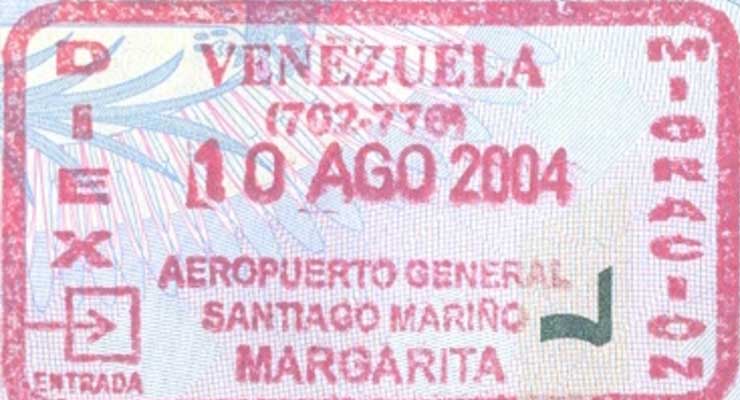
Nicolas Maduro left from being a bus driver to Venezuela’s President following the death of Hugo Chavez in 2013. Voted by a slim majority that year, Maduro riveted to dictatorial rule in late 2013 governing by decree in response to growing dissent over a collapsing economy. Since then human rights abuses have been the order of the day in Venezuela leading to stiff international opposition to his rule.
The political crisis came to a head when in January 2019 Maduro won a second term which the opposition refused to recognize leading to the swearing in of its leader, Juan Guaido. Donald Trump recognised Guiado as the leader of Venezuela but Maduro labeled the self-proclaimed President a coupist and jailed him. Since then there has been a row over Maduro’s legitimacy and the USA has considered military action for regime change in Venezuela.
The latest news in this political saga comes from a really interesting article in Democracy Digest that highlights claims by the civil society of pathways that could lead to an exit from conflict. The argument revolves around the exit from office of John Bolton as America’s National Security Adviser to the President. According to the article,
The US and European Union remain aligned in a mutual commitment to the restoration of democracy and prosperity in Venezuela, said Special Representative Elliot Abrams.
“We have the same goal, and the goal is the restoration of democracy and prosperity, because the situation in Venezuela is, from the humanitarian point of view, terrible,” he told a State Department briefing. “We also know that the Venezuelan people are suffering greatly, and they are suffering from human rights abuses as well of a really brutal regime.”
The departure of US National Security Advisor John Bolton may be a game-changer for Venezuela, observers suggest…“What will be critical for Venezuela is that the next National Security Advisor works hand-in-hand with other US government agencies to advance a coordinated Venezuela policy that aligns the international community, puts new pressures on Maduro, assists the interim government, and keeps Venezuela’s future a nonpartisan issue in the United States,” said Jason Marczak, director of the Atlantic Council’s Adrienne Arsht Latin America Center.
Democracy Digest has the full article.
Leave a Reply